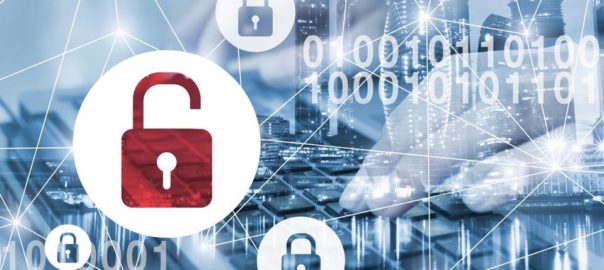In today’s digital landscape, the protection of sensitive business data is a critical priority for organizations across industries. The increasing reliance on virtual data rooms (VDRs) underscores their pivotal role in securely managing and sharing confidential information, particularly in high-stakes environments like mergers and acquisitions (M&A). However, the threat of a virtual data room data breach looms large, highlighting the necessity for robust security measures. Understanding and implementing effective data room security practices are paramount to safeguarding against potential breaches that could compromise valuable data integrity and confidentiality.
Importance of Data Room Security Measures
In today’s digital age, safeguarding sensitive business information is paramount to maintaining trust and integrity. Virtual data rooms (VDRs) have become indispensable tools for securely storing and sharing critical documents during transactions like mergers and acquisitions (M&A). The importance of robust data room security measures cannot be overstated, as they mitigate the risk of unauthorized access and data breaches.
Cybersecurity Architecture: Data Security
Data security is a fundamental aspect of VDRs, ensuring that sensitive information remains protected against cyber threats and unauthorized disclosures. Advanced encryption protocols, multi-factor authentication, and stringent access controls are integral features that bolster data security within these platforms. By leveraging these measures, businesses not only enhance confidentiality but also adhere to regulatory requirements, safeguarding their operations from potential vulnerabilities and malicious activities. Virtual data rooms thus play a pivotal role in fostering secure data exchanges, enabling seamless collaboration while mitigating the inherent risks associated with sensitive information handling.
Understanding the importance of robust security measures such as encryption protocols and secure access management is crucial for safeguarding sensitive business information in virtual data rooms.
Importance of robust security measures
Implementing Robust Encryption Protocols
One of the cornerstone security measures in virtual data rooms is robust encryption protocols. Encryption ensures that sensitive data remains unreadable to unauthorized users, both during transmission and storage. Modern VDRs employ end-to-end encryption, which means data is encrypted at the source and decrypted only upon authorized access. This prevents interception and ensures confidentiality, making it a crucial aspect of data room security.
Encryption protocols within a virtual data room data breach utilize advanced algorithms to encode data, rendering it indecipherable to anyone without the appropriate decryption key. This method not only protects information from unauthorized access but also safeguards against potential data breaches and cyber threats. By implementing strong encryption standards, such as AES (Advanced Encryption Standard) with key lengths of 256 bits or higher, VDR providers ensure that sensitive documents are securely stored and exchanged. These protocols are essential for maintaining compliance with industry regulations and safeguarding the integrity of business transactions, thereby reinforcing the trust and confidence of stakeholders in the security of virtual data rooms.
To enhance data security in virtual data rooms, organizations should consider implementing robust end-to-end encryption protocols.
Role of Access Control in Data Room Security
Effective access control mechanisms are another vital component of data room security. Access control involves setting stringent permissions and authentication processes to regulate who can view, edit, or download sensitive documents. Features such as multi-factor authentication (MFA) and granular access controls enable administrators to tailor access levels based on user roles and responsibilities. By restricting access to authorized personnel only, organizations can prevent unauthorized data leaks and ensure compliance with regulatory requirements.
Secure access management in virtual data rooms goes beyond basic username and password protection. Multi-factor authentication (MFA) adds an extra layer of security by requiring users to verify their identity using two or more authentication factors, such as a password, biometric verification, or a one-time code sent to a mobile device. This significantly reduces the risk of unauthorized access, even if login credentials are compromised. Granular access controls further enhance security by allowing administrators to specify permissions at a detailed level, determining which users can access specific documents or perform certain actions within the data room. These measures not only safeguard sensitive information but also support audits and regulatory compliance efforts, reinforcing the overall security posture of virtual data rooms.
Conclusion
Implementing robust data room security measures not only enhances the protection of sensitive business information but also fortifies confidentiality during crucial operations such as mergers and acquisitions (M&A). These measures, including advanced encryption protocols, multi-factor authentication, and stringent access controls, are essential safeguards against unauthorized access and potential data breaches. By prioritizing data security within virtual data rooms (VDRs), organizations not only comply with regulatory standards but also foster trust among stakeholders.
Ensuring secure data exchanges through VDRs is paramount in today’s digital landscape, where cyber threats pose significant risks. Organizations can optimize their security frameworks by adopting state-of-the-art encryption technologies and implementing comprehensive access management strategies. These efforts not only mitigate operational vulnerabilities but also bolster the integrity of business transactions.

